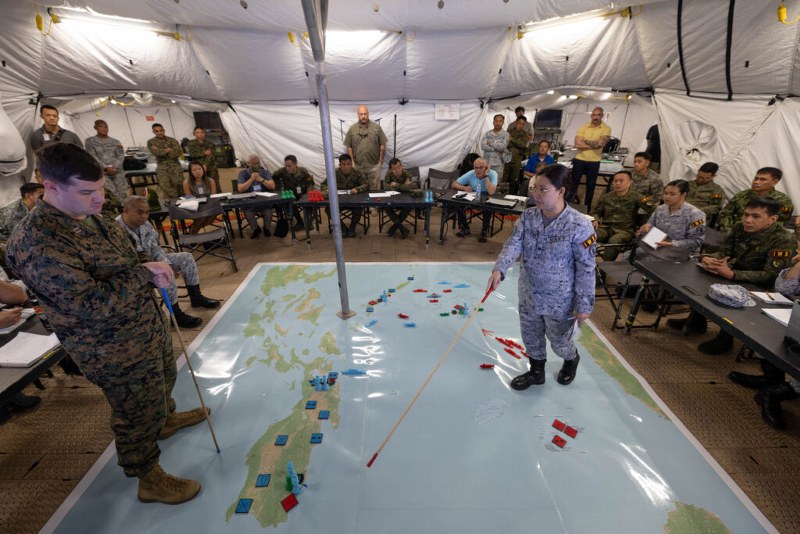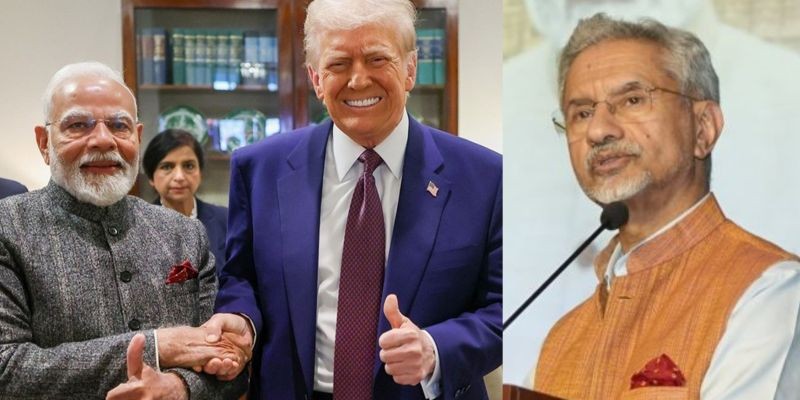Armed Forces of the Philippines, US military to conduct exercise Balikatan amid growing Chinese concern

The Armed Forces of the Philippines (AFP) and the U.S. military will conduct the 39th iteration of Balikatan, the largest annual bilateral training exercise between the two Allies, from April 22 to May 10.
The exercise directly supports the U.S.-Philippine Mutual Defense Treaty by enhancing military cooperation and readiness between the two militaries.
More than 16,000 members of the AFP and U.S. military will train together this year. Contingents from the Australian Defence Force and, for the first time in Balikatan’s history, the French Navy will also join the exercise as participants.
Meanwhile, 14 nations will participate as part of the AFP-hosted international observer program: Brunei, Canada, France, Germany, Great Britain, India, Indonesia, Japan, Malaysia, New Zealand, Republic of Korea, Singapore, Thailand, and Vietnam.
During Balikatan 2024, participants will execute a range of complex missions across domains, including maritime security, sensing and targeting, air and missile defense, dynamic missile strikes, cyber defense, and information operations. The Philippine Navy, U.S. Navy, and the French Navy will also conduct a Multilateral Maritime Exercise in the Philippines’ exclusive economic zone.
“This year’s Balikatan Exercise underscores our steadfast dedication to amplify interoperability and readiness by collaborating with our friends, partners, and ally,” said AFP Chief of Staff Gen. Romeo S. Brawner Jr. “Together, we speed up our march towards enhancing our military capabilities for maritime security alongside honing other competencies in order to effectively address the dynamic challenges across all domains.”
“Each year, we work closely with AFP senior leaders to make Balikatan more challenging. This year, we’ve increased the scope, scale, and complexity across all domains,” said Lt. Gen. William M. Jurney, commander of U.S. Marine Corps Forces, Pacific and the U.S. military officer responsible for designing, planning and conducting the exercise. “We’re building military readiness across the full range of combined and joint operations. It’s our most expansive Balikatan yet.”
Balikatan 2024 is organized into three main exercises. The field training exercise features four combined joint all-domain operations. This includes exercises in protecting key terrain in Luzon and Palawan in support of territorial defense; rapidly moving long range, precision strike capabilities and using them in targeting simulated threats; tracking simulated air threats and targeting them with multiple air and missile defense systems; and integrating multilateral air and land platforms to increase awareness of the maritime security situation. Exercise forces will conclude by targeting simulated enemy forces and sinking an “enemy” ship.
The command-and-control exercise includes a cyber defense exercise to strengthen bilateral defense capabilities that protect critical military and civilian information infrastructure; a staff planning exercise to increase bilateral planning proficiency by developing the plan for next year’s iteration of Balikatan; and the inaugural information warfare exercise where Philippine and U.S. forces engaged in a week-long wargame on April 1 to synchronize capabilities and advance both nations’ information operations skills.
Lastly, the AFP and the U.S. civil-military operations task force have been conducting humanitarian civic assistance activities at five locations in the western and northern Philippines since late March, with projects expected to be completed by the end of Balikatan 2024. Together, military personnel are building and improving local infrastructure; sharing lifesaving medical skills; and strengthening military ties with local communities.
“Balikatan” is a Tagalog phrase that means “shoulder-to-shoulder,” describing the spirit of the annual exercise and the close friendship between the Philippines and the United States.
“Balikatan is more than an exercise; it’s a tangible demonstration of our shared commitment to each other. It matters for regional peace, it matters for regional stability,” Lt. Gen. Jurney said. “When we increase our mutual response and defense capabilities, we strengthen our ability to promote regional security and protect our shared interests.”




